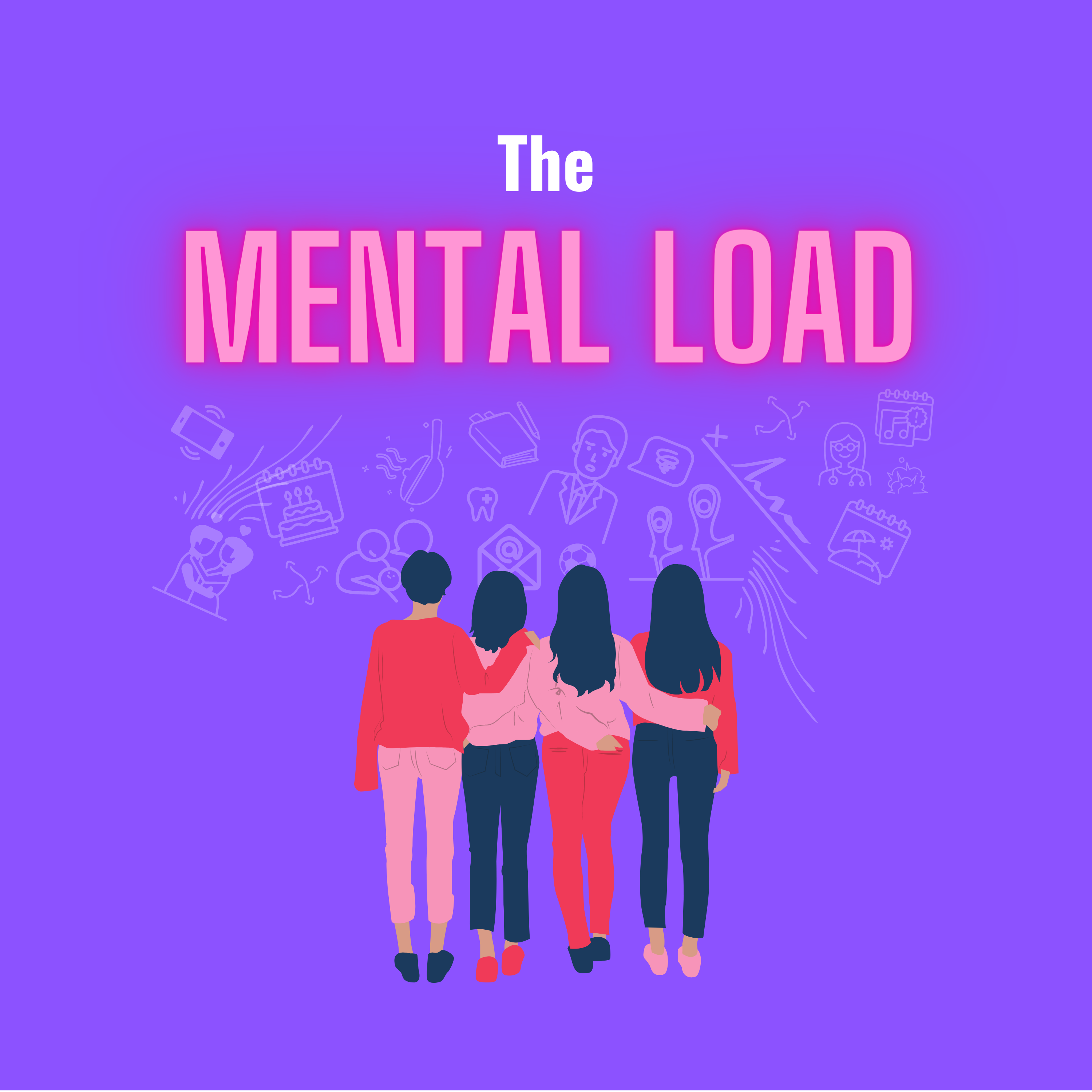Maternity Leave Isn't a Vacation
Description
Maternity Leave and the mental loadMaternity Leave isn't a vacation. In fact, it's where the mental load really starts and becomes one-sided.
Today we discuss how Employee Resource Groups can help support and lighten the load for not just moms, but all caregivers, joined by Sarah Reeves.
Sarah is a girl mom to Ella 8, Norah 5, Husband Aaron of 13 years. She's the Director of Product Management at one of the largest internet companies to date. After her first child, she co-founded a global employee resource group for parents that evolved to include caregivers of all kinds. Sarah loves to swear, especially during passionate discussions.
What is the issue?
Modern parenting expectations set women up even before the birth to carry the majority of the mental load. And that load continues to avalanche in from pregnancy into maternity leave.
Gaps in community/village supportTwisted perceptions (mat leave is a vacation) and the additional pressures put on parentsInternalized expectations, maternal gate-keeping, martyrdom Why you can’t comparing maternity leave to vacationYour body is restoring itself after a traumatic event, not recovering after cocktails on the beach.This is prime time for cocooning, not for indulging your social butterfly side at the cruise ship dinner buffet.You don’t need an alarm clock because the baby is the alarm clock, not because you’re going to actually sleep in.A new family member means added mental load, not a break from your to-do list.You need real capacity to deal with the unexpected, and I don’t just mean flight delays into Aruba.
What are the effects?
Men who take paternity leave are less likely to get divorced, and a Swedish study found that when fathers were offered up to 30 days of flexible leave while their partners were on maternity leave, their spouses are less likely to be on anti-anxiety medication in the postpartum period.Relationship Equity - Women whose partners take on an equal share of the MENTAL load have higher libidosLow female sexual desire affects more than 50% of women and is difficult to treat.Study findings suggest low desire is not a problem, an internal problem for women to resolve solo; effort needed from both partners.Need more than just the physical load - where wife/mom = project managerHomosexual partners handle relationship equity better on averageChildcare deserts - women are disproportionately impacted: 23-75% of families across the US report having a struggle finding childcare. Disproportionately affecting communities of color and rural and urban areas impacted more so than suburban families. States with fewer ‘childcare deserts’ see less women in the workforce.We just went off our childcare cliff with expiration of federal funding started during the pandemic to aid families in the cost of childcare. The average family spends 27% of their income on childcare, DHHS says for it to be considered “affordable” it shouldn’t exceed 7%. Over 3 million children are at risk of losing childcare because of this with a projected $10.6 billion in...
More Episodes
Published 11/14/24
Published 11/07/24
We don't want to ask for help with the mental load. Something about saying "can you help me with..." or "thanks for helping me with..." just grates on me. Most likely because it implies that I own the entire task and my partner only has to think about it and participate if asked, directed and...
Published 07/25/24


